
Aging for the good of others
I grew up on the doorstep of Hollywood and Orange County, the beauty capitals of the world. When out-of-state friends visited, they were stunned by
ARTICLES BY COLLEEN CHAO

I grew up on the doorstep of Hollywood and Orange County, the beauty capitals of the world. When out-of-state friends visited, they were stunned by
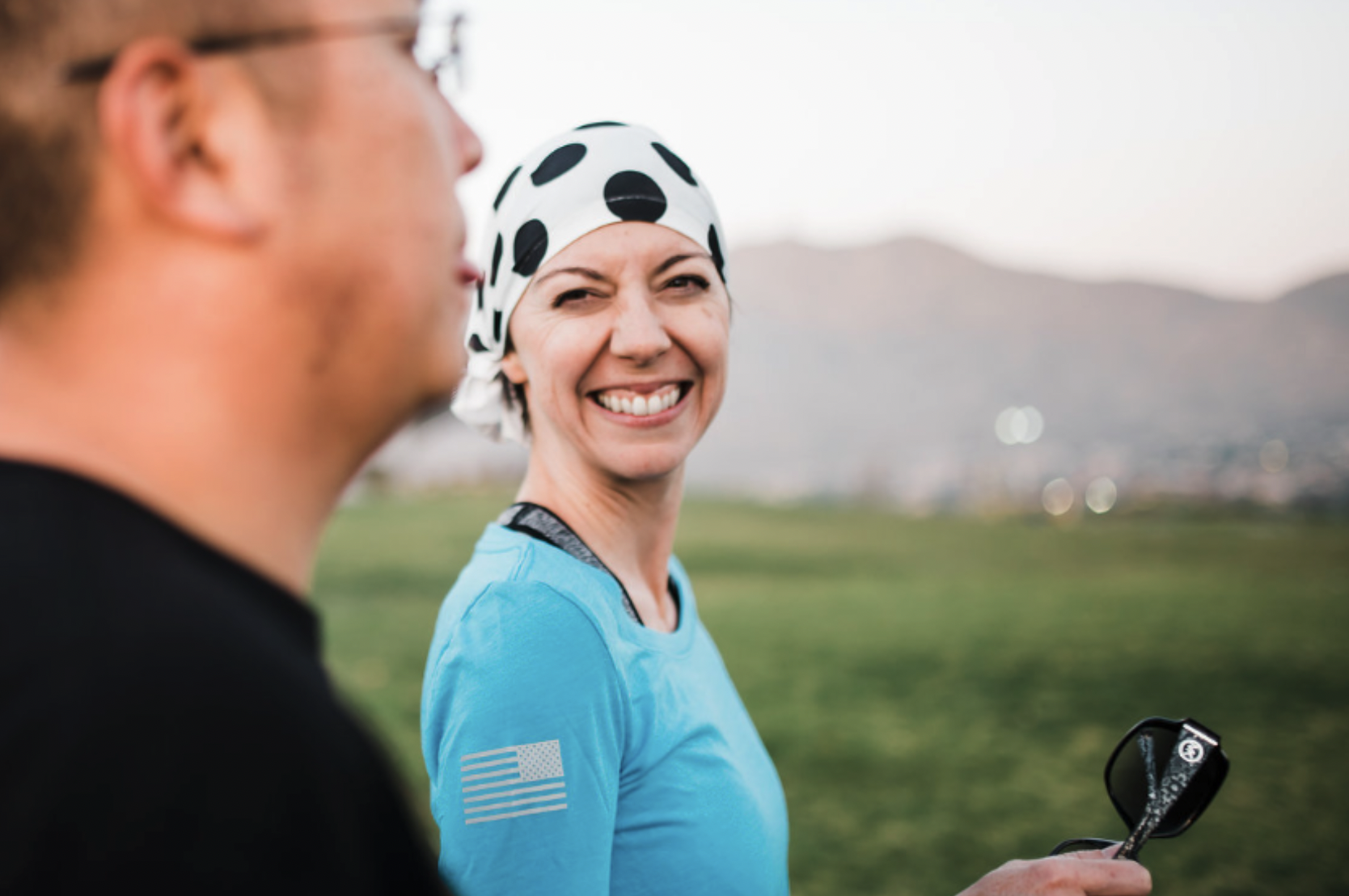
If you know me, you’ve heard me say again and again, “Cancer doesn’t have the corner on the market of suffering.” Nor does cancer define
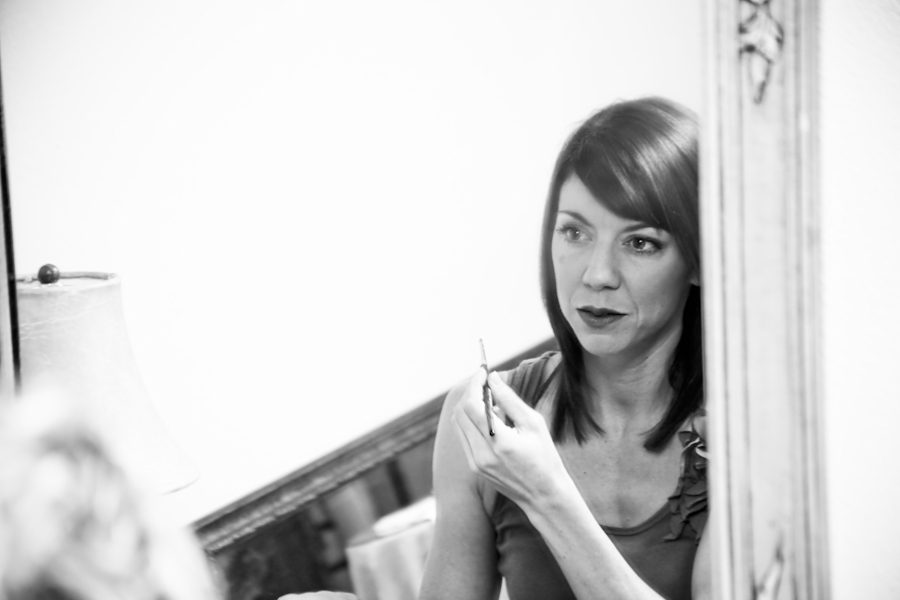
The Woman in the Mirror tells me I’m almost 44. Which is crazy because just yesterday I was 33. And the day before that I
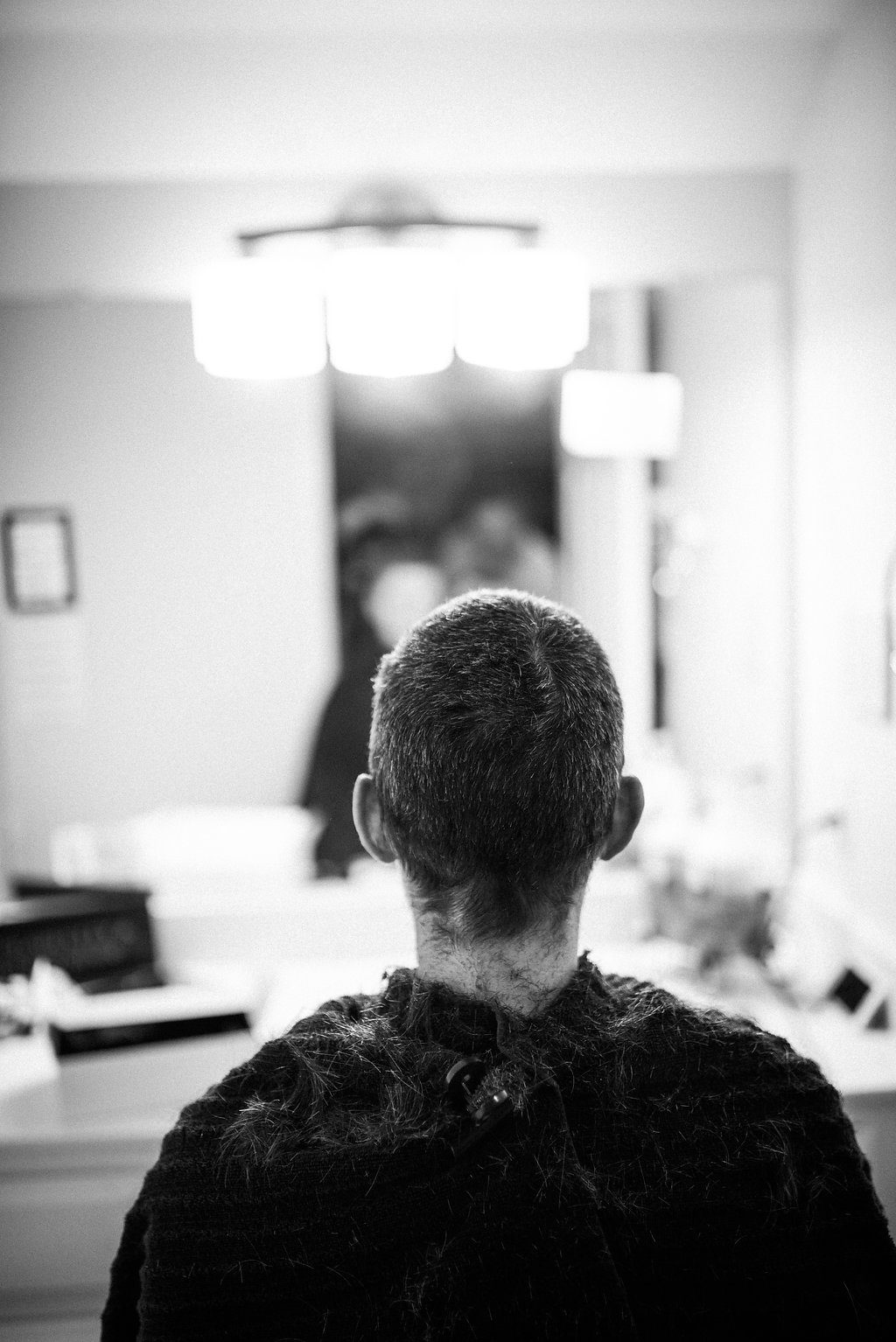
Four months ago I found a lump in my breast. And the Spirit clearly said, “This lump is a gift.” ~ ~ ~ This summer
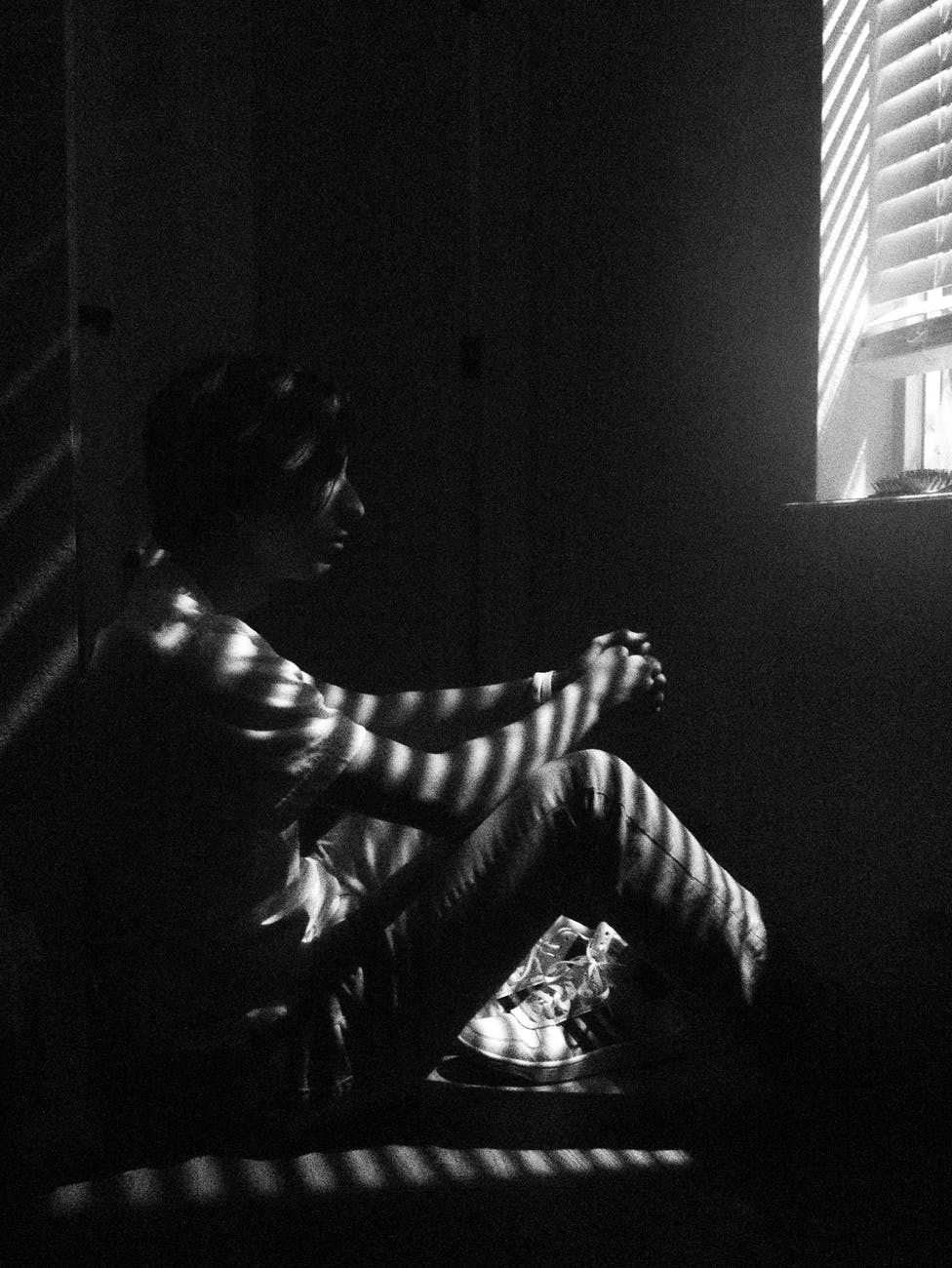
I was 25 years old when I scored my dream job—working as an editor on the outskirts of Washington, D.C. After growing up in California, I
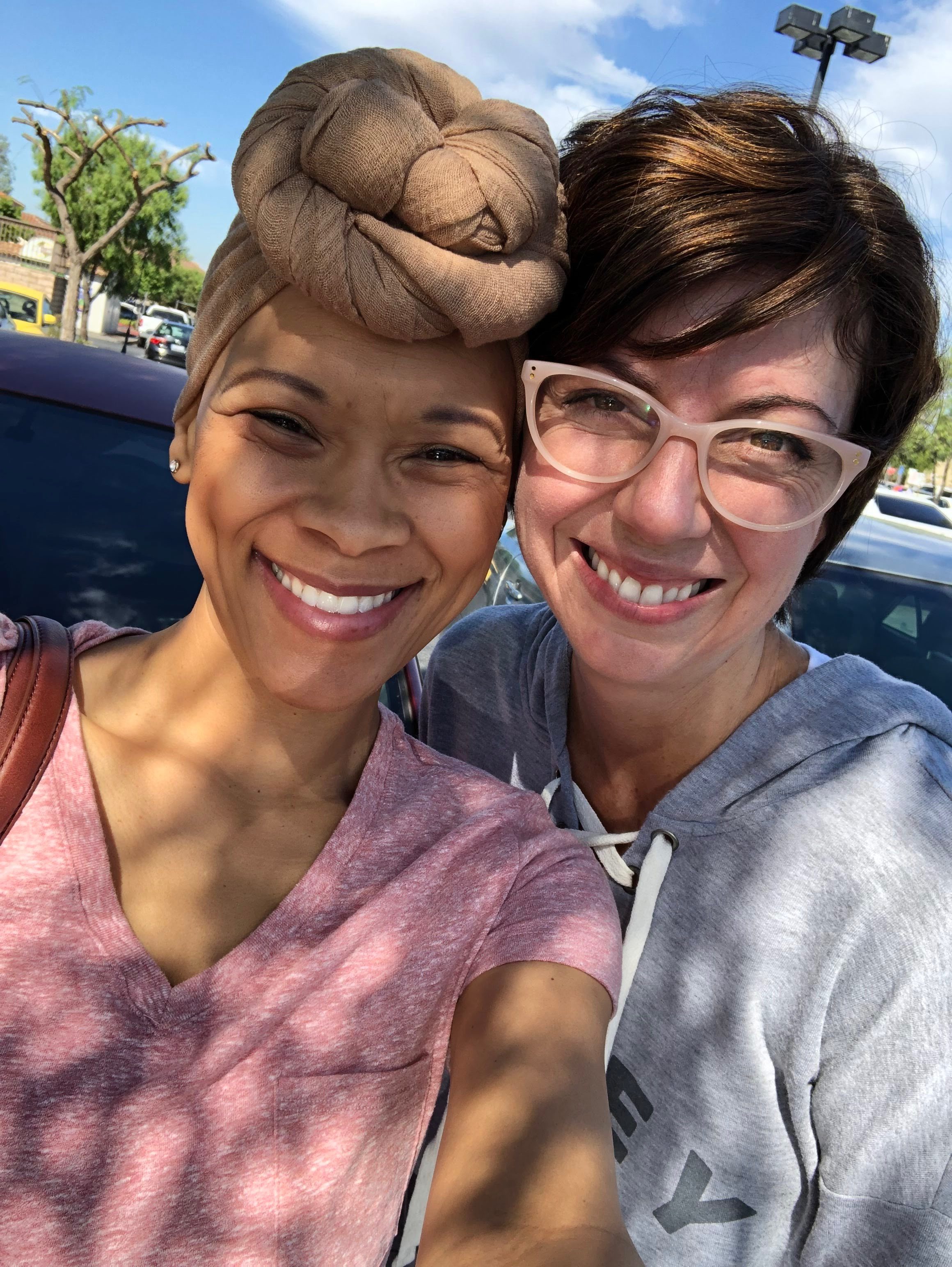
I’ll never forget Miss Moss, with her Coke-bottle glasses and a disability that left her slow and kind. She loved writing notes of encouragement even
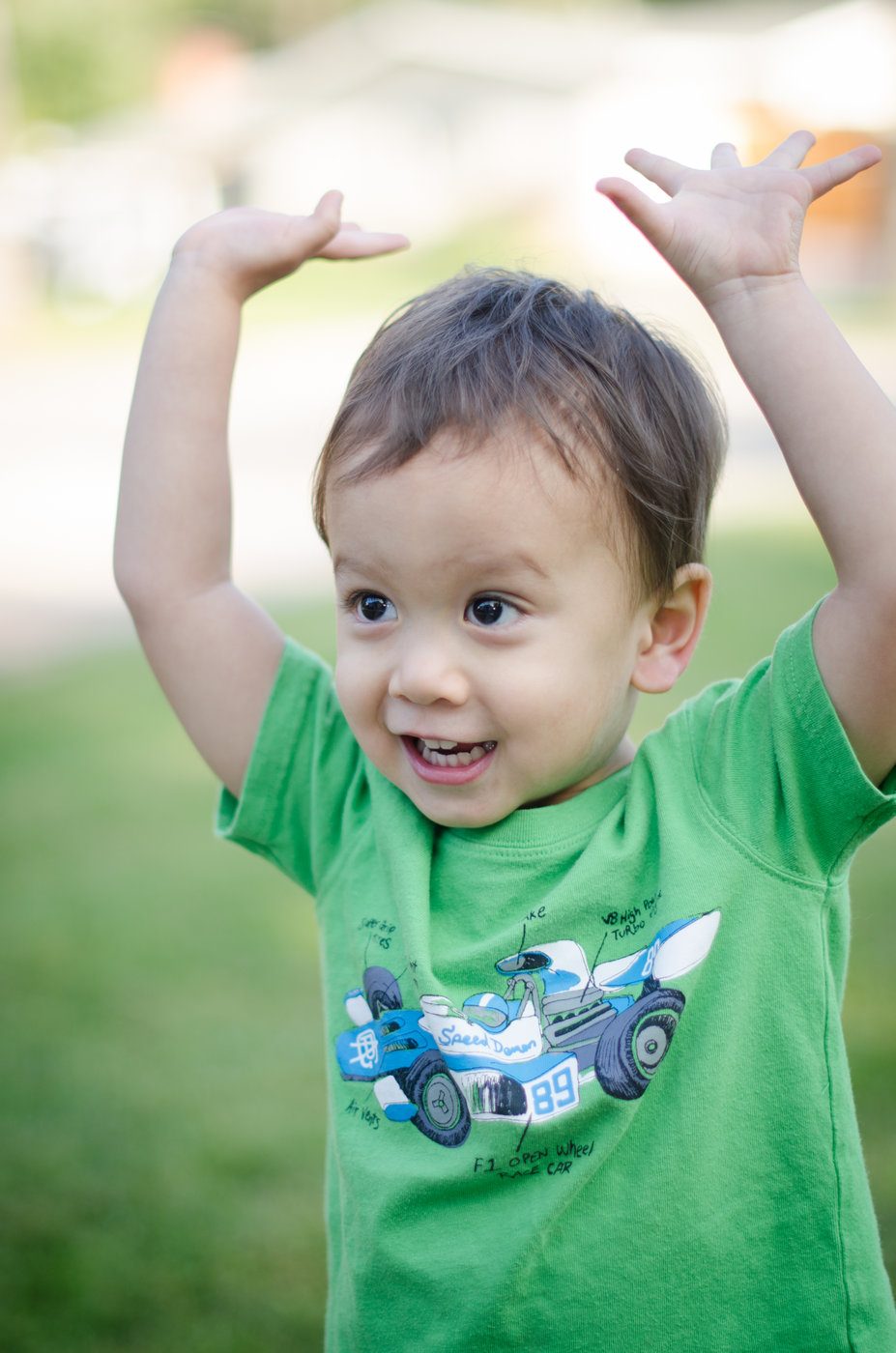
I don’t write much about motherhood because I don’t know much yet. I have one son, and he’s just four years old. But it doesn’t
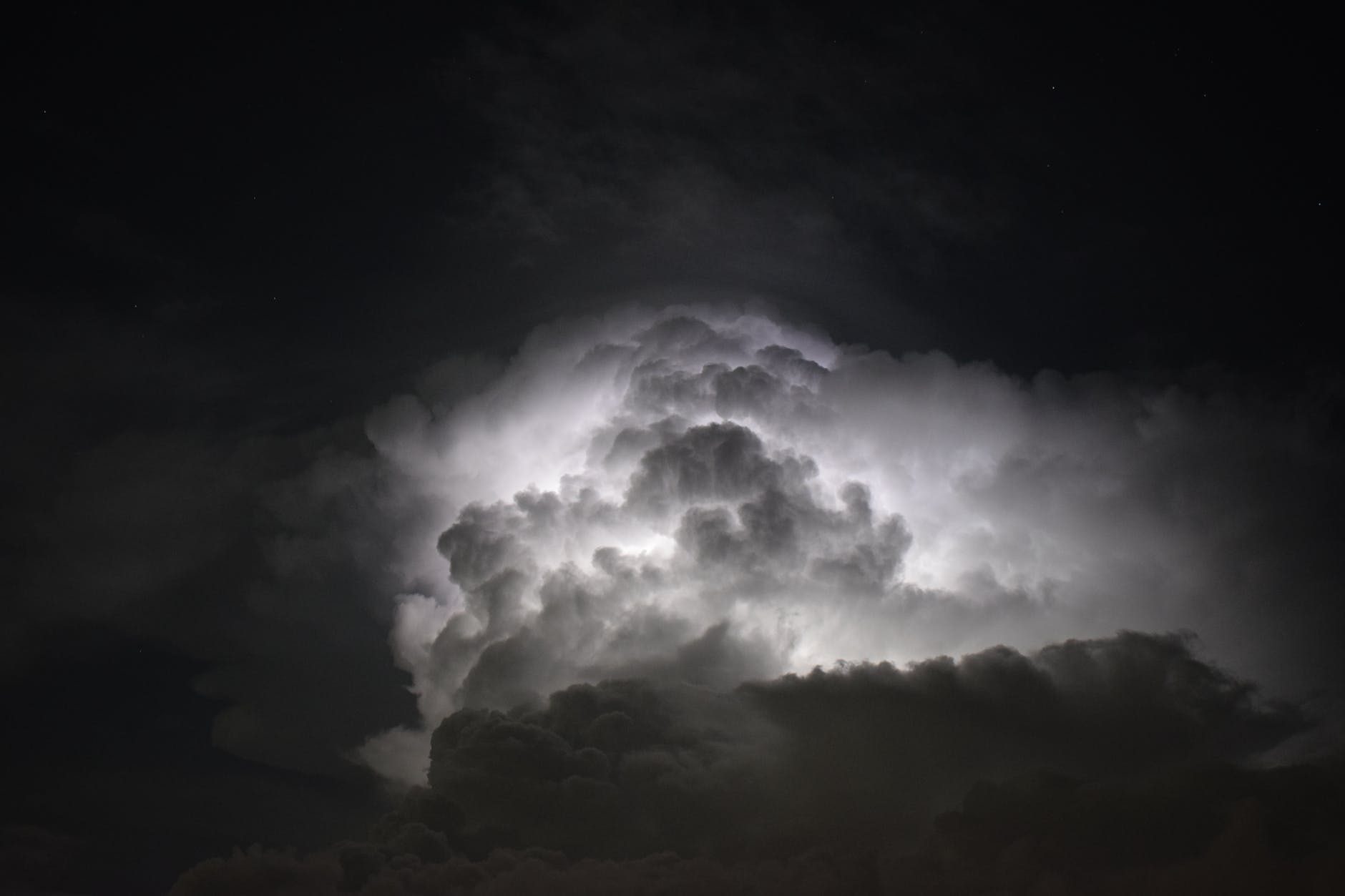
**This article in no way intends to address the complex matters of mental health nor minimize the importance of modern medicine and psychiatric help that

I grew up on the doorstep of Hollywood and Orange County, the beauty capitals of
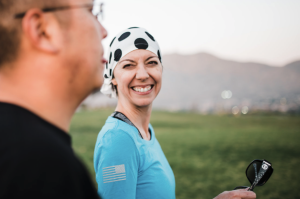
If you know me, you’ve heard me say again and again, “Cancer doesn’t have the
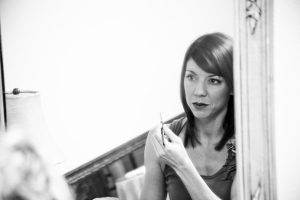
The Woman in the Mirror tells me I’m almost 44. Which is crazy because just
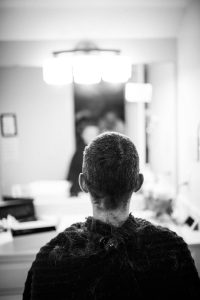
Four months ago I found a lump in my breast. And the Spirit clearly said,
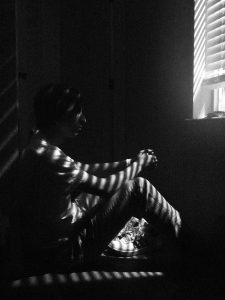
I was 25 years old when I scored my dream job—working as an editor on
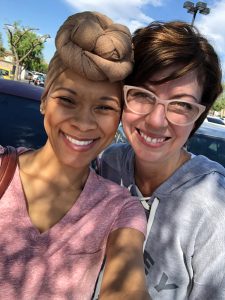
I’ll never forget Miss Moss, with her Coke-bottle glasses and a disability that left her

I don’t write much about motherhood because I don’t know much yet. I have one

**This article in no way intends to address the complex matters of mental health nor